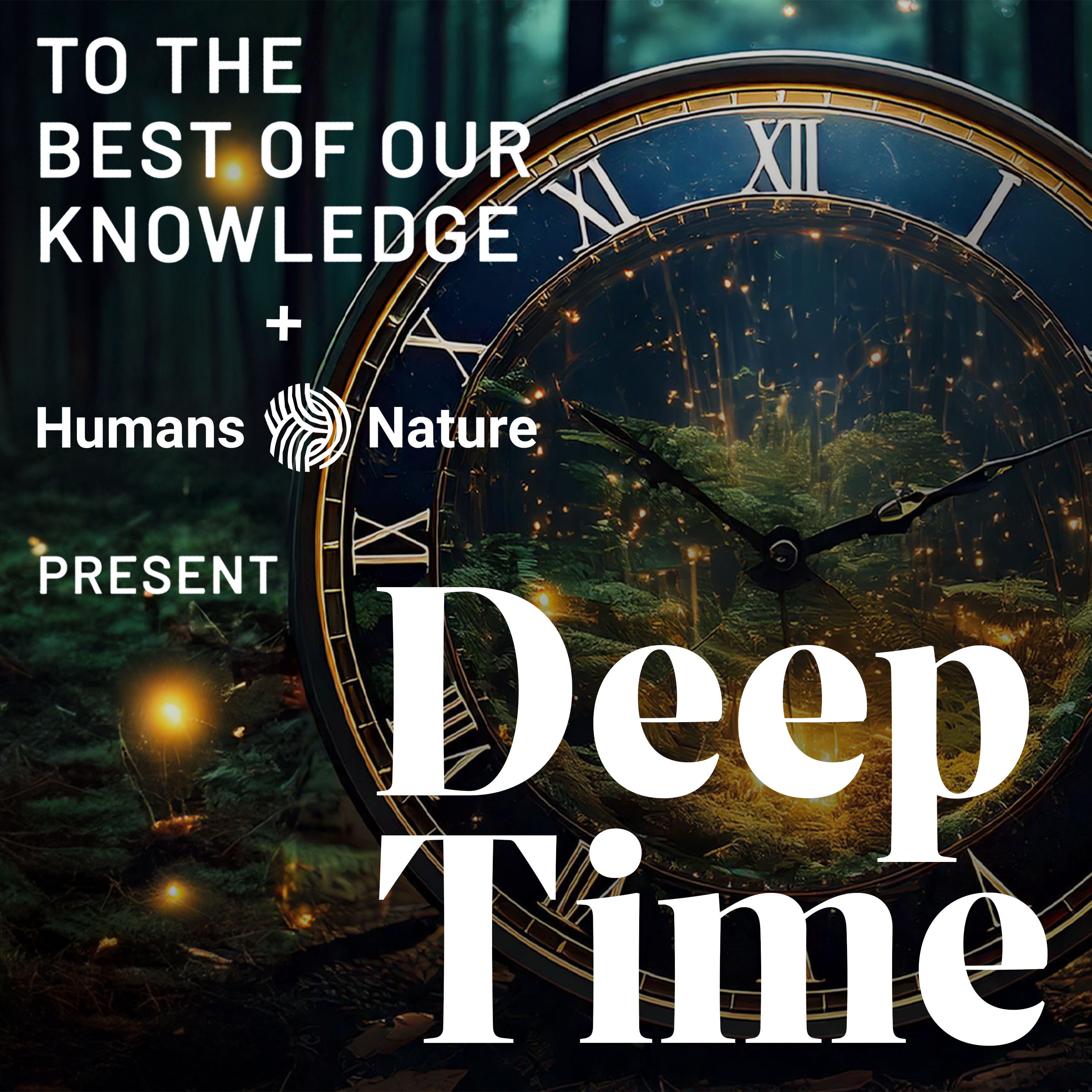
Deep Dive
Why is it important to reclaim the night and experience natural darkness?
Experiencing natural darkness can be profoundly restorative, reconnecting us with the planet's ancient nocturnal rhythms. It can also help us appreciate the natural world and reduce light pollution, which harms nocturnal wildlife and disrupts ecosystems.
What did our ancestors lose when they lost touch with the planet's ancient nocturnal rhythms?
Our ancestors lost a deep connection to the natural world, including the ability to navigate and understand the night sky, the sounds and rhythms of nocturnal animals, and the restorative effects of darkness on mental and physical health.
Why does Sam Lee lead Nightingale Tours in complete darkness?
Sam Lee leads Nightingale Tours in complete darkness to invoke participants' other senses, foster a deeper connection with nature, and create a profound, transformative experience. It also helps in not disturbing the nightingales, which are sensitive to artificial light.
What is the significance of the nightingale in Sam Lee's concerts?
The nightingale is significant because it represents a rare and intimate connection with nature. Its song is a powerful and emotional experience that can inspire people to reconnect with the natural world and appreciate the beauty and complexity of nocturnal life.
How does the nightingale's song reflect the human experience of folk music?
The nightingale's song reflects the human experience of folk music through its solo, lonely voice, which can evoke feelings of melancholy and beauty. Both the nightingale and folk singers often sing in the absence of other sounds, creating a sense of presence and truth.
What is the cultural and environmental impact of light pollution?
Light pollution has significant cultural and environmental impacts. It disrupts natural rhythms, harms nocturnal wildlife, and obscures our view of the night sky. It also affects human health by disrupting sleep patterns and altering our connection to the natural world.
How does Leigh Ann Henion describe her experience with natural darkness and nocturnal wonders?
Leigh Ann Henion describes her experience with natural darkness as restorative and transformative. She discovered a world of nocturnal wonders, including synchronous fireflies and glowworms, which she had never noticed before. This experience challenged her perceptions of darkness and inspired her to explore the unknown.
What is the 'mini death' and how does it relate to experiencing darkness?
The 'mini death' is a practice of sitting still and quiet in darkness to acclimate to the environment. It helps in recognizing the importance of darkness for life and thriving, and it can be a powerful way to overcome fear and connect with the natural world.
What is the role of darkness in human and animal life?
Darkness is crucial for the health and well-being of both humans and animals. It is essential for sleep, circadian rhythms, and the survival of nocturnal species. Darkness also provides avenues of escape for prey and helps maintain ecological balance.
How can we overcome the fear of darkness?
Overcoming the fear of darkness involves understanding what is in the dark and building familiarity with nocturnal environments. Gradually spending more time in natural darkness and learning about the creatures and sounds of the night can help reduce fear and foster a deeper connection with nature.
- The cultural loss of experiencing natural darkness is significant and recent.
- The Milky Way was visible from rural porches in the 1930s.
- Reconnecting with natural nocturnal rhythms is a way to explore life beyond the clock.
Shownotes Transcript
The longest nights of the year are here, but how many of us will see them? The global spread of light pollution is making it harder to experience dark skies and natural darkness. Learning how to reconnect with the planet’s ancient nocturnal rhythms can be profoundly restorative. Nature writers and darkness activists tell us what we’re missing.Deep Time)* is a series all about the natural ecologies of time from To The Best Of Our Knowledge and the Center for Humans and Nature). We'll explore life beyond the clock, develop habits of "timefulness" and learn how to live with greater awareness of the many types of time in our lives.*
Original Air Date: December 21, 2024
**Interviews In This Hour: **Listening to the song of the night) — Adjusting our eyes to wonders of the nocturnal world)
**Guests: **Sam Lee), Leigh Ann Henion)
Never want to miss an episode? Subscribe to the podcast.)*Want to hear more from us, including extended interviews and favorites from the archive? *Subscribe to our newsletter.)